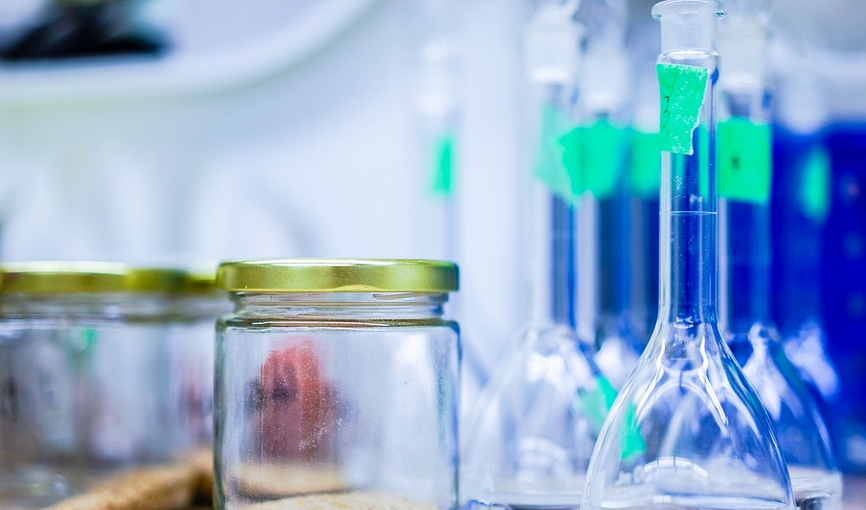The Basics of Aqueous Solutions
Before we dive into the specifics of potassium chloride, let’s first understand the basics of aqueous solutions. An aqueous solution is a solution where the solvent is water. This means that any substance that can dissolve in water can potentially form an aqueous solution. The substance that dissolves is called the solute, while the water is referred to as the solvent.
What is Potassium Chloride?
Potassium chloride is a chemical compound made up of the elements potassium and chlorine. It is commonly used in the food industry as a salt substitute, as well as in the medical industry as a treatment for low potassium levels in the body. When potassium chloride is dissolved in water, it forms an aqueous solution.
Dissociation of Potassium Chloride in Water
When potassium chloride is dissolved in water, it dissociates into its component ions: potassium cations (K+) and chloride anions (Cl-). This means that the solute in the aqueous solution of potassium chloride is a mixture of these ions.
Concentration of Potassium Chloride in Aqueous Solution
The concentration of potassium chloride in an aqueous solution can be measured in a variety of ways, including molarity and molality. Molarity is the number of moles of solute per liter of solution, while molality is the number of moles of solute per kilogram of solvent. The concentration of the solution can also be expressed as a percentage, such as a 10% solution of potassium chloride.
Properties of Aqueous Potassium Chloride Solution
An aqueous solution of potassium chloride has a number of properties, including electrical conductivity, boiling point elevation, and freezing point depression. These properties are due to the presence of ions in the solution, which can conduct electricity and affect the physical properties of the solvent.
Uses of Aqueous Potassium Chloride Solution
Aqueous solutions of potassium chloride have a variety of uses, including in the production of fertilizers, as a salt substitute in food, and as a treatment for low potassium levels in the body. It is also used in the manufacturing of other chemicals and in certain industrial processes.
Potential Hazards of Potassium Chloride
While potassium chloride is generally considered safe, it can be hazardous if ingested in large amounts or if it comes into contact with the skin or eyes. It can cause irritation, burns, and other health problems, so it should be handled with care and stored properly.
Conclusion
An aqueous solution of potassium chloride is a mixture of potassium cations and chloride anions that has a variety of uses in industry, medicine, and agriculture. Understanding the properties and behavior of this solution is important for anyone working in these fields, as well as for anyone who wants to learn more about the fascinating world of chemistry.
Sources
- Chemistry LibreTexts: Aqueous Solutions
- Chemistry World: Potassium Chloride
- PubChem: Potassium Chloride

